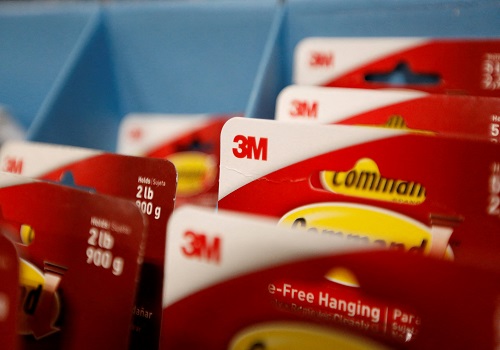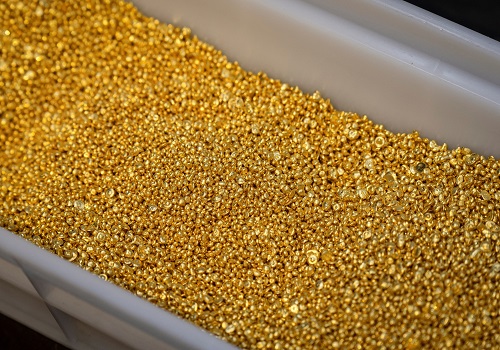Oil rises on OPEC+ cuts, weaker dollar

Oil prices edged higher on Tuesday, recouping some of the losses from the previous session, as traders focused on supply cuts by the world's biggest oil exporters Saudi Arabia and Russia and a weaker dollar.
Brent crude futures rose 23 cents, or 0.3%, to $77.92 a barrel by 0153 GMT, and U.S. West Texas Intermediate crude was up 32 cents, or 0.4%, at $73.31.
Prices had eased 1% on Monday on higher expectations that further U.S. interest rate hikes are coming and as investors booked profits after last week's 4.5% rise.
Supply cuts by the world's biggest oil exporters Saudi Arabia and Russia set for August helped to lift the benchmark prices, which were also supported as the U.S. dollar fell to a two-month low. A weaker dollar makes crude cheaper for holders of other currencies and often boosts oil demand.
"Oil has found a floor and the only thing ... that could break that is if U.S. inflation is scorching hot and the Fed is forced to tighten this economy into a recession," said Edward Moya, an analyst at OANDA.
While central bank officials said the U.S. Federal Reserve will likely need to raise interest rates further to bring down inflation, markets took comfort from indications the officials also think the current monetary policy tightening cycle was getting close to an end.
Energy traders are also anticipating that China will do more to support its economic recovery, Moya said.
Any weak economic forecasts by U.S. banks kicking off their earnings season, however, could weigh on prices, he said.
Saudi Arabia last week said it would extend its 1 million barrels-per-day (bpd) cut at least to August, and Russia said it would cut its oil exports next month by 500,000 bpd.
Traders were also looking ahead to U.S. crude inventory data due later on Tuesday from industry group American Petroleum Institute. Analysts expect a build of 200,000 barrels. [API/S]
Investors as well awaited the release later this week of U.S. Consumer Price Index data, a key inflation report, and economic reports from China to gauge the outlook for demand.
























